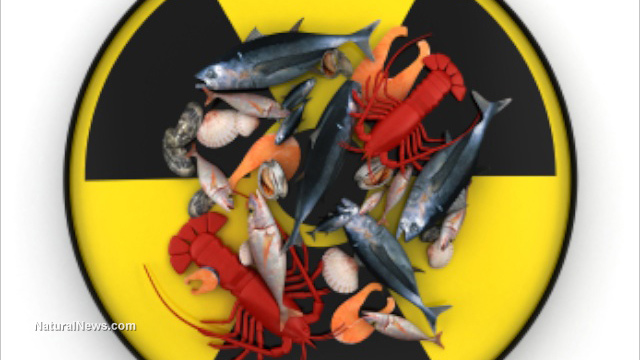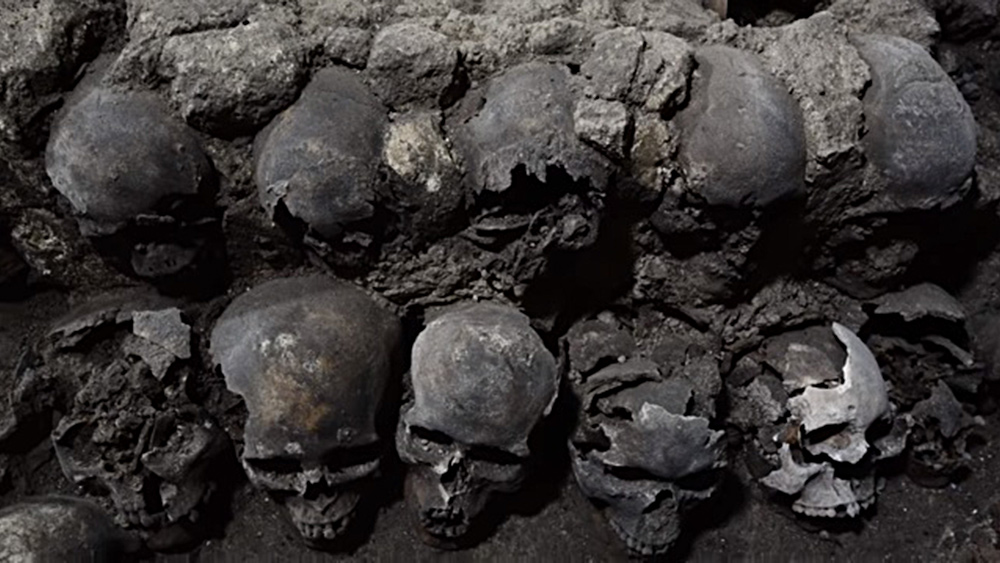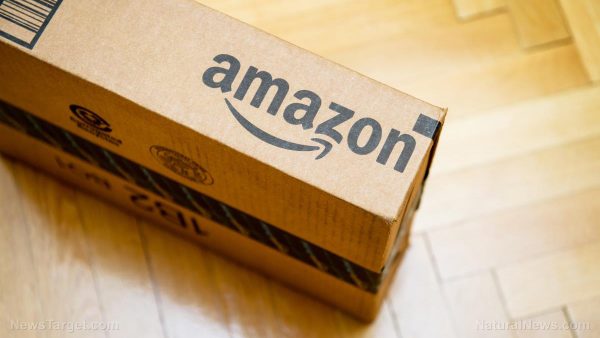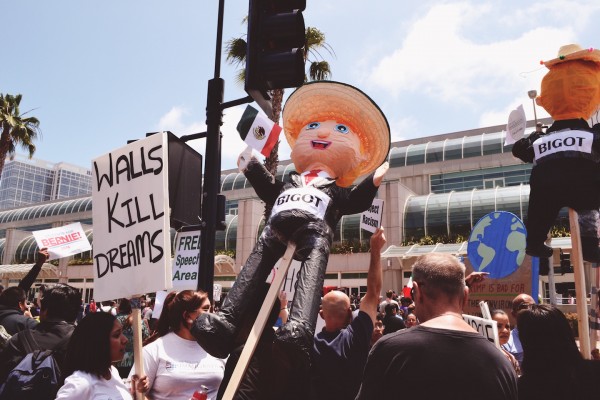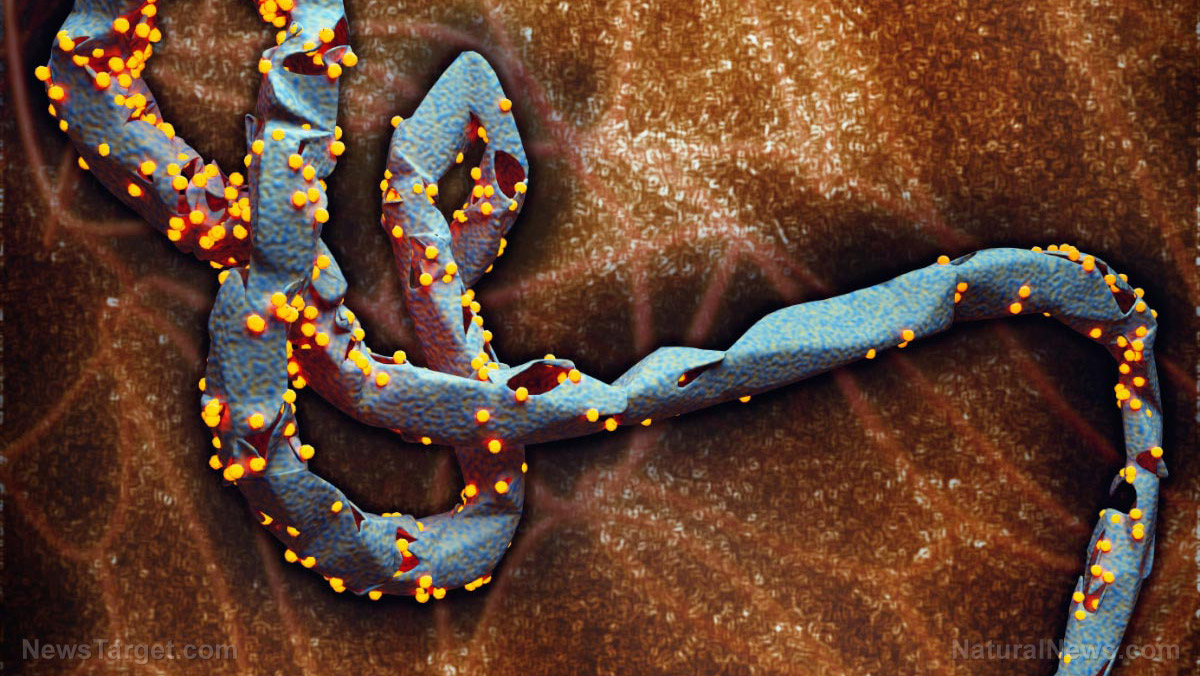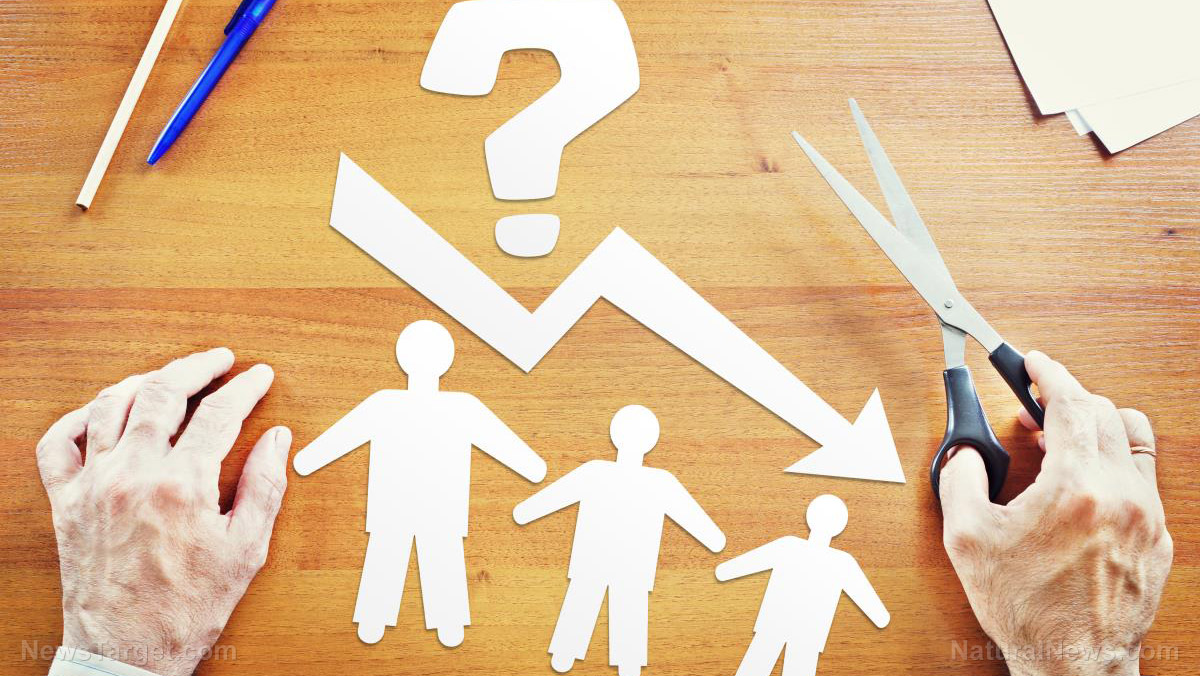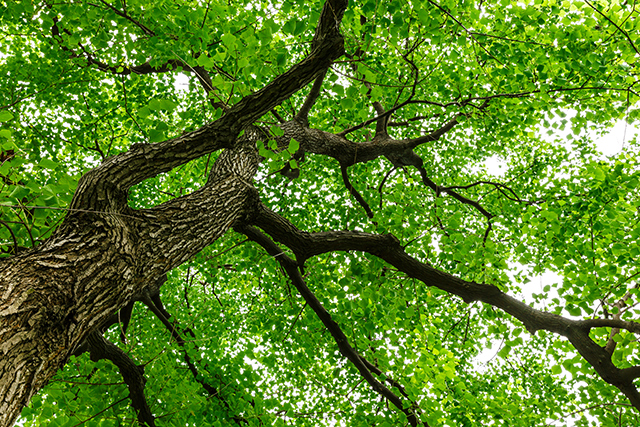The 2011 tsunami that rocked the coast of Japan damaged the country’s agricultural industry as much as the Fukushima Daiichi power plant. Since then, the Japanese government has been desperately trying to mend public relations about the safety of its food products.
The Tokyo Power Electric Company (TEPCO) and the Japanese government claim that they have gone to great strides to ensure that the area around the power plant has not been contaminated. The primary concern is to keep radiation-contaminated food down to a minimum. They claim that Japanese safety laws prevent radiation-tainted food from reaching supermarket shelves.
Critics argue that TEPCO and the Japanese government don’t really know how to contain the disaster. TEPCO is currently in the process of creating an ice wall around the power plant to prevent radiation from breaching the surrounded area. Nevertheless, there have been multiple set backs in creating the ice wall and no one is sure if the barrier will actually work.
Restoring international trust
In an effort to restore public trust on an international level, the Japanese government decided to offer food originating from the Fukushima Prefecture at a recent global food fair held in Milan. Dried peaches and sake were put on display as part of a four-day campaign.(1)
“Our aim is to communicate the appeal of Fukushima’s traditional cuisine as the region is actively committed to reconstructing itself and ensuring the safety of local food products as well as increasing export and tourism,” a spokeswoman said.(1)
Fukushima’s prefecture government touts that is has a perfect monitoring system that tests all of its products. They claim that, for the last six months, only a handful of foods have had radiation levels hazardous to human health. For instance, only one in a million bags of rice were shown to have dangerous levels of radiation.
Stefan Merz, an environmental scientist from Vienna University of Technology, recently published a study where he analyzed 900,000 food samples collected between 2011 and 2014. He claims that the percentage of products considered unsafe to eat has dropped from 3.3 to 0.6.(1)
“The prefecture not only blocks shipment of these foodstuffs but also restricts the shipment of foodstuffs from municipalities where these contaminated foodstuffs are grown or produced,” according to a brochure paraded at the food festival.(1)
A history of false reassurances
These reassurances only go so far. There have been a number scandals where products contaminated with radiation, such as tea, chocolate and noodles, have been exported from Japan with fraudulent labeling. Officials in Britain, for example, have noted that their food regulations were not strong enough to stop contaminated food products from reaching supermarket shelves.
Any food grown in the Fukushima danger zone must be declared as such so that it can be analyzed. “Although we have adopted one of the world’s most comprehensive and stringent traceability laws, the UK has virtually no control over how foods are processed, manufactured and packaged in Japan,” said Alastair Marke, a fellow at the Royal Society of Arts and principal adviser in London to a food safety firm called Shantalla.(2)
The Japanese government may be jumping the gun by allowing evacuees to return home only five years after the accident. The Fukushima disaster was regarded as the worst nuclear accident since the Chernobyl catastrophe in 1986. Nearly three decades later, areas in the 30-kilometer Chernobyl exclusion zone are still deemed unsafe for human habitation. Officials believe it may take up to 40 years to clean up the Fukushima site. Why let people return now?(3)
The Japanese government has disseminated false information about the safety of the Fukushima disaster before. The most recent wave of reassurances spewed by the government does not trump the wave that decimated the power plant more than four years ago.
Sources include:
(1) Munchies.Vice.com
(2) Independent.co.uk
(3) TodayIFoundOut.com

